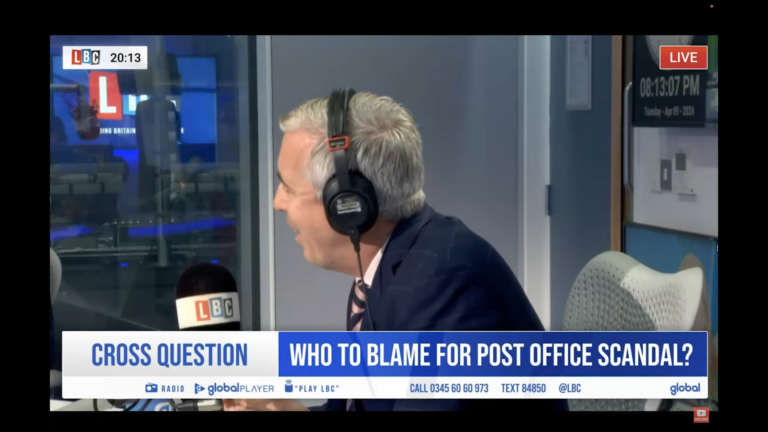For one thing, there is a clear winner: Angela Merkel’s conservative alliance, comprising the Christian Democratic Union (CDU) and Christian Social Union (CSU), outperformed all the prediction polls of the past few weeks, gaining a total of 41.5 per cent of the votes. Winning 311 of the 630 parliamentary seats, Merkel not only achieved the best result for the Christian Democrats since 1990.
However, Merkel – although stronger than ever – is left somewhat empty-handed as a result of the biggest loss in these federal elections: the collapse of the Free Democrats (FDP), the coalition partner in Merkel’s last government. The party, which has a long tradition and has been junior partner to several coalition governments in the past, failed to reach the 5 per cent threshold needed to return to parliament for the first time since the first federal elections were held in 1949. The disastrous results have particularly raised concerns among industry leaders, since the Free Democrats have always been considered ‘business friendly’. As her previous coalition partner is no longer available, Merkel is now forced to consider alternative coalition option.
The Social Democrats (SPD), who managed to only slightly improve their rather poor results from the last federal elections by 2.7 percentage points, gaining a total of 25.7 per cent, now seem to be the prime candidate as junior partner in the new Merkel government. However, forming a grand coalition is highly contentious, especially among Social Democrats who fear that, if they join a Merkel-led government, they could share the same fate at the end of the next legislative period as experienced by the Liberals. Moreover, Social Democratic politicians will remember the results from the 2009 federal elections when the party slumped to its worst result in the history of the German Federal Republic following a coalition led by Angela Merkel.
Another option could be a Conservative-Green coalition. Although the Green Party (Bündnis 90/Die Grünen) suffered heavy losses, they still gained a total of 8.4 per cent, making them a potential coalition candidate. Nevertheless, such a partnership remains rather unlikely given the large number of crucial discrepancies in their respective party manifestoes.
While exploratory talks continue in Berlin, Angela Merkel’s victory has widely been seen as positive for UK Prime Minister David Cameron, as he seeks to wrestle back powers from the EU. Cameron knows German support will be crucial for any renegotiation of these powers and Merkel has previously hinted that she is open to discussing this. London has been working hard to engage with Berlin, with some estimating that visits by UK ministers to the German capital have quadrupled in the last two years. With Merkel continuing as Chancellor these visits have not been in vain. One worry for the UK government is the new coalition being more left leaning than its predecessor, and more likely to be pro-EU. However, as Cameron knows from his own experience in government, a more left wing coalition partner does not always stop the leading party from doing what they want, and Merkel’s impressive victory margin should give her the mandate to continue on the path set out during the last government.
Christian Simon is a Senior Consultant at our partner agency in Germany, Navos



